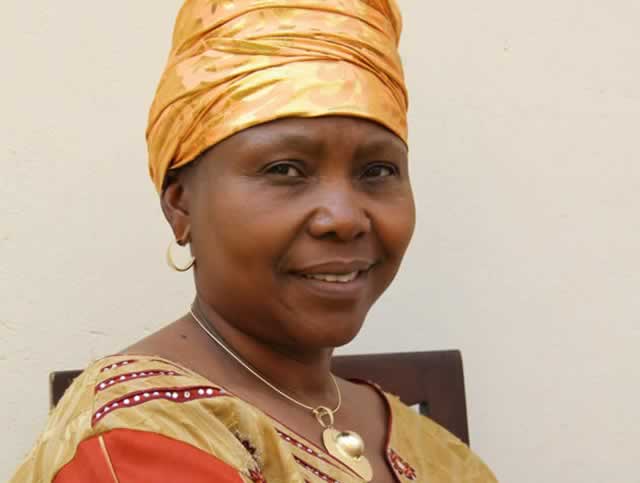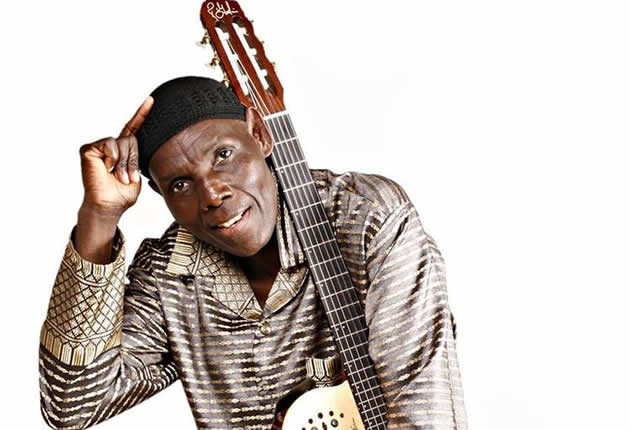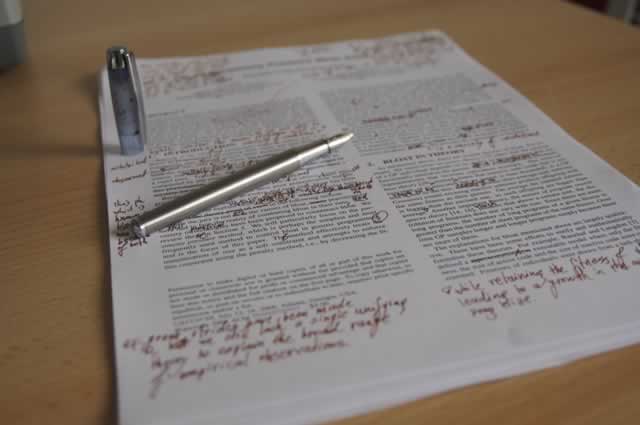Zim counting climate change costs

Jeffrey Gogo Climate Story
THE ink is still wet on a climate deal to “save the world” agreed at Paris last December, but Southern Africa is already counting the costs of climate change-linked catastrophes.
A severe drought caused by El Nino has left over 14 million people across the usually food secure region in need of food support, aid agencies say. El Nino may not be a direct result of climate change, but the line separating the two is becoming blurred with each passing year.
In Zimbabwe, which has seen a succession of droughts since 2012, a fifth of the population is facing hunger, says Government, particularly in rural settlements.
Feeding them will cost $1,5 billion or 11 percent of all the goods and services produced in Zimbabwe in a year – also known as the Gross Domestic Product.
The economic costs of coping with climate change impacts in Zimbabwe and elsewhere are evidently enormous and strenuous. But the Paris Agreement – touted as a stronger binding treaty – does not commit to an equally swift financial response to the immediate challenges faced by millions of vulnerable people in Africa. To adapt, African countries – who are least responsible for causing climate change – should wait until rich countries have had their fill of economic growth.
And that will happen sometime after 2020 when the West will start to lower emissions more rapidly, but still not enough to curb global temperature rise at the higher safe limit of 1,5 degrees Celsius by 2100.
In the meantime, Africa and the rest of the developing world continue to feed on the crumbs of a rigid UN financial system that has failed to deliver on the promise of $30 billion support in fast-start finance for mitigation and adaptation.
Rich countries claim they delivered the money in excess, but given the extent of accounting loopholes in a system that indulges wealthier nations’ overbearing tendencies to be both referee and player, many were left convinced the claims were overstated.
Today, the Paris Agreement has made another promise, a non-binding promise – mobilising $100 billion per year from public and private sources until 2020 to help poorer nations cope with climate change.
That may seem like a large sum of money, but it is not. Zimbabwe alone needs $10 billion to adapt until around 2025, according to the National Climate Change Response Strategy.
There are 53 other countries in Africa with populations and needs much bigger than Zimbabwe’s.
And what could be worse, a single season’s lack of rain (2015/16) has left the country in need of $1,5 billion to mitigate against the drought impacts on humans, livestock and wildlife.
But with national revenues falling 2,8 percent in 2015, Government will have to look elsewhere to secure funding – the main reason President Mugabe has declared a State of Disaster.
Even with external assistance, there is no guarantee the funds will flow in at the scale needed to keep everyone needing food support safe.
At this stage, the $100 billion promise remains just that – a scheme of pledges by rich countries (those historically responsible for fuelling global warming and climate change) to fund adaptation and mitigation in poorer developing nations.
Just how quickly the pledges will translate into real money that flows into the coffers of those that need it most is anybody’s guess.
The Green Climate Fund has so far received roughly $10 billion of the pledges, but the funding remains locked away partly because the Fund is still fine tuning its lending criterion – a process unnecessarily rigid under previous UN funding mechanisms. Yet, dangerous climate impacts will wait for no one. Frequent droughts in Zimbabwe have yielded much more than hunger.
Electricity generation at Kariba, Zimbabwe’s main hydropower electric power plant, has crashed to just 33 percent of capacity, spawning severe power cuts for households, industry and mines.
Accelerated economic growth is no longer a certainty. Whereas Government maintains the economy will grow 2,7 percent in 2016 backed by tourism, construction and mining, the World Bank says growth will remain static at 2015 levels of 1,5 percent due to the drought and falling global commodity prices.
The lack of urgency within the community of developed countries to provide funding, which they are not only obliged to deliver but have themselves so committed to do is hurting Africa’s socio-economic development at scales unimaginable. Millions of Africans are expanding into poverty, hunger and malnutrition. Economists that romanticise about the continent’s higher GDP growth rates have barely considered these figures mean nothing to a farmer who has lost all livestock to a severe drought.
Now, in view of the slow progress in international finance, any government concerned about boosting its capacity to respond to climate disasters through own means should begin to seriously consider a proposal by Environment, Water and Climate Minister Oppah Muchinguri- Kashiri last year to tax foreign multi-national companies within the extractive industry to support local adaptation.
Here is a controversial plan, certain to elicit resistance – and there is much work to be done in its design and operational modalities – but when it is implemented, it could work eventually.
With the current levels of funding insufficient to address the existing and future financial flows needed for adaptation and mitigation, Africa will be better served by a combination of domestic financial strategies and international support, even if it means radical domestic financial plans.
God is faithful.










Comments